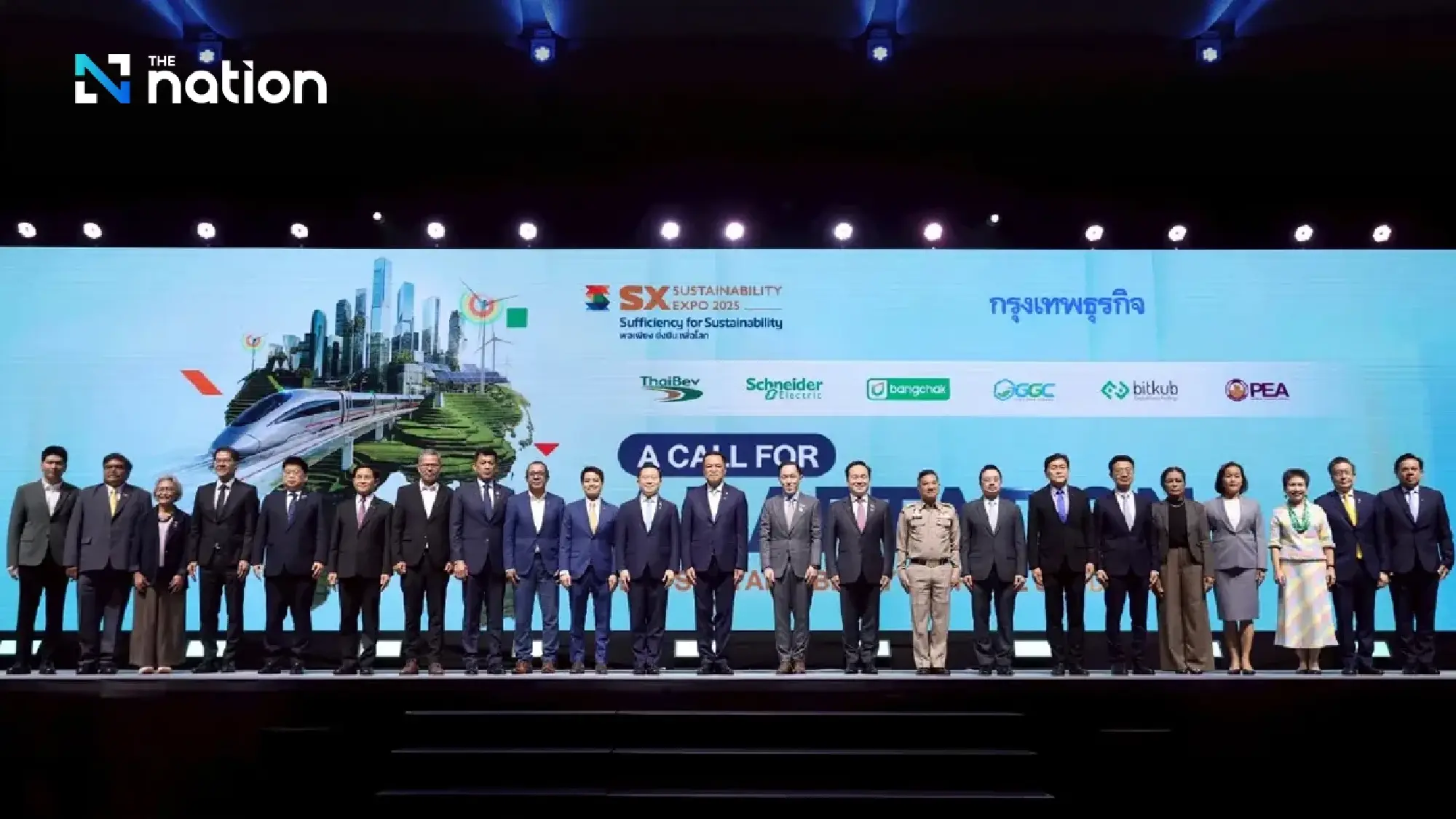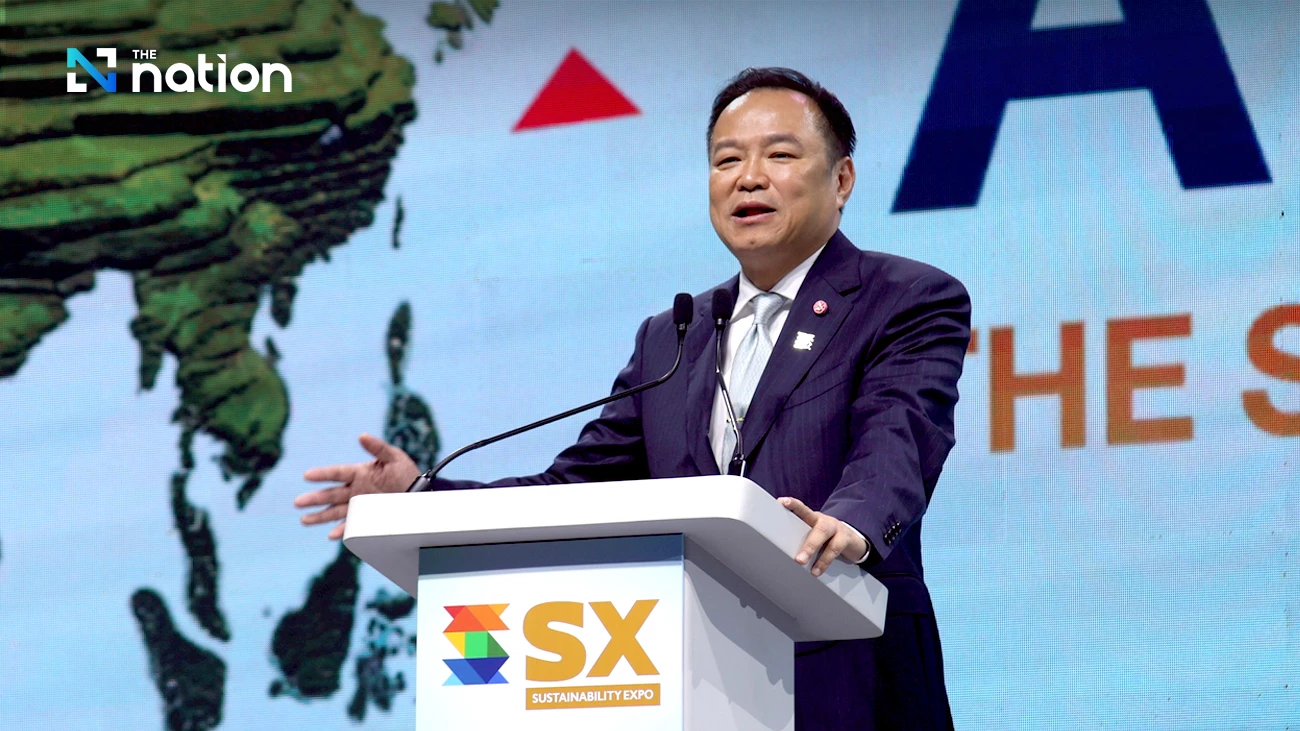In terms of trade and investment, the Prime Minister emphasised that Thailand should be a regional hub, but not merely a “transit point” for investments. The country must create incentives to attract genuine foreign investment, which will create jobs, generate income, and increase the value of the economy.
However, Thailand’s strengths lie in its rich cultural heritage, religious diversity, and political stability—assets that act as “social capital” and inspire confidence in foreign investors. Yet, the government must ensure that these factors do not allow vested interests to dictate the direction of the economy, as this could stifle competition, leading to stagnation and lost opportunities in the long term.
Anutin further stated that sustainability should not be viewed solely as an environmental issue or simply “Green” policies. It is about creating new opportunities in trade and investment, expanding markets, increasing product value, and improving the quality of life for citizens across all dimensions.
“Sustainability is not just a policy; it is the future of the country. If we succeed, Thailand will not just survive, but will thrive, growing steadily and with pride,” he concluded.

